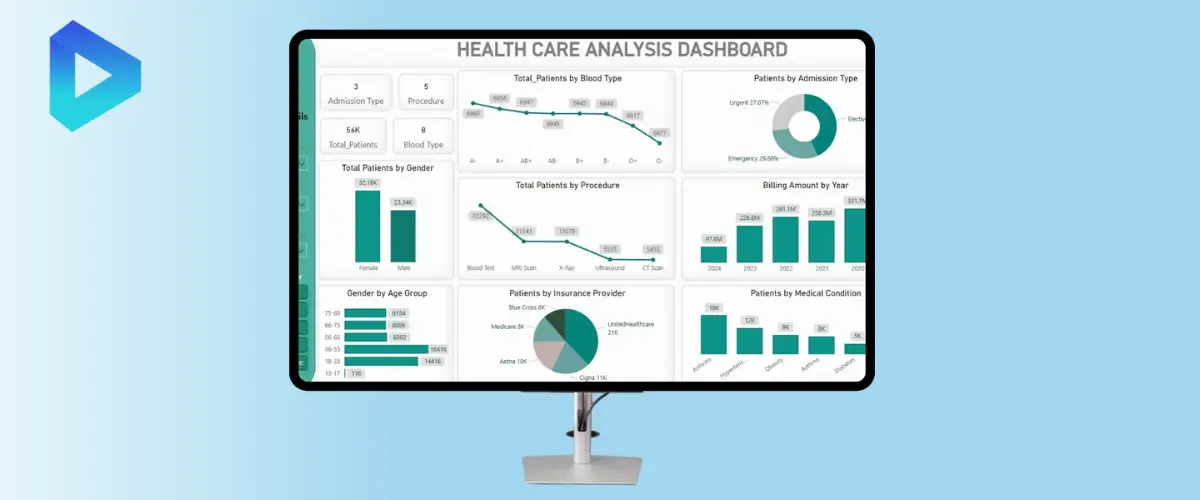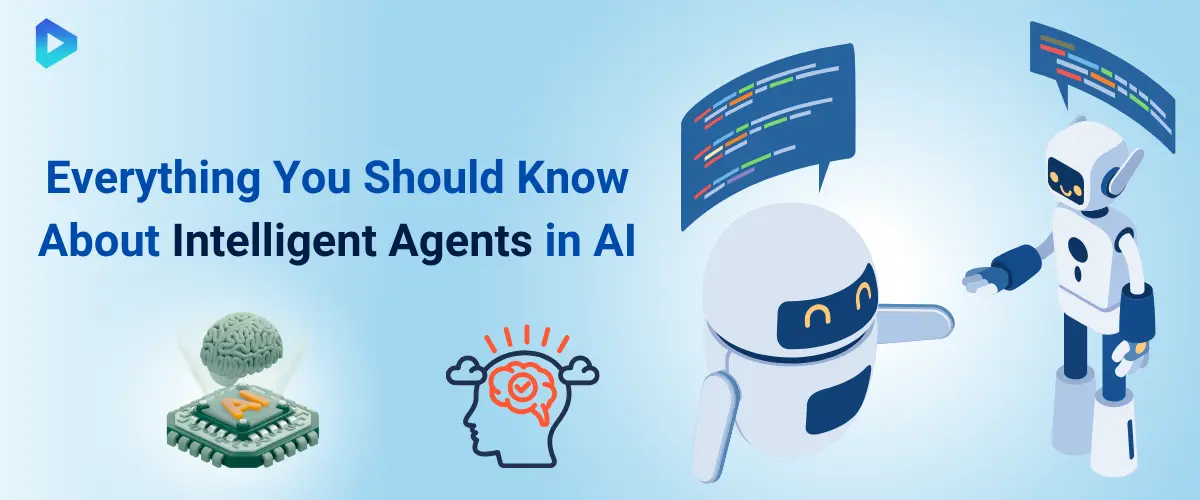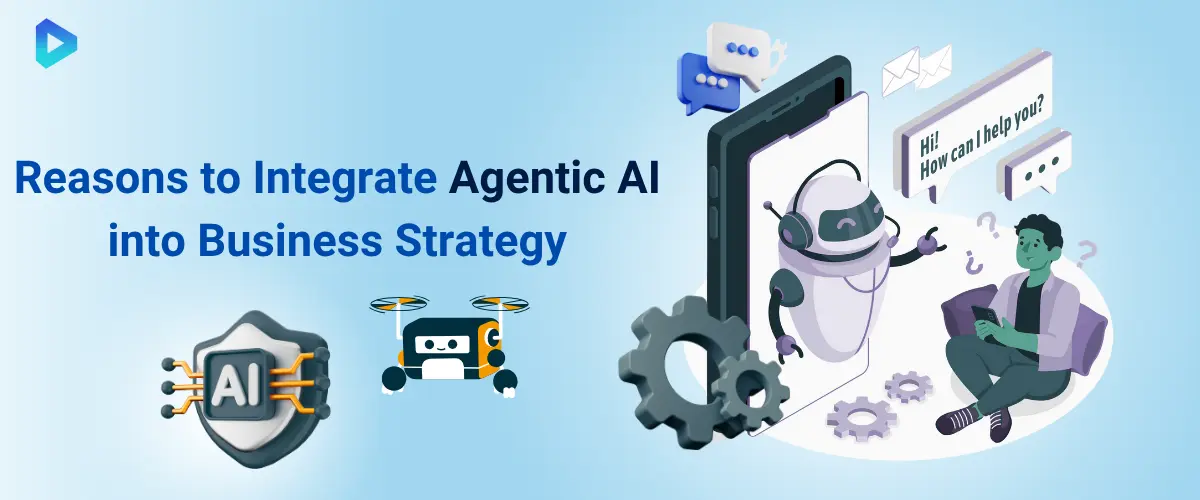AlgoView: AI-Driven Trading Innovation by...
See how DigiPrima Technologies developed AlgoView Technologies, an AI-based trading solution, to optimize financial...

Founded in 2016, Digiprima Corporation began as an IT consulting firm before pioneering AI solutions. Recognizing the market shift, we evolved from web and app development to delivering cutting-edge AI systems, helping businesses automate, predict, and grow. Today, we serve global clients with tailored AI tools, from chatbots to predictive analytics.
Proven Evolution: From code to AI—we adapt with tech trends.
Client-Centric AI: Solutions built for real business challenges.














This certification reflects our commitment to quality and customer
satisfaction.
We speak the language of your business – and build tech to match.
From initial concept to final deployment and beyond, we provide complete technology services
tailored to your unique requirements and business objectives.
From predictive AI to blockchain security, Digiprima’s latest innovation is redefining industry standards. Be among the first to adopt!

✔ Smart Automation – Reduce manual tasks by 70%
✔ Predictive Analytics – 90% forecast accuracy
✔ NLP Chatbots – 24/7 customer support
✔ Scalable Models – Healthcare, fraud & more

✔ Tamper-Proof Transactions
✔ Smart Contracts with 0% dispute
✔ DApps – Peer-to-peer transparency
✔ Real-Time Supply Chain Tracking

✔ 99.9% Object Recognition
✔ Facial Authentication for logins
✔ Medical Image Diagnostics
✔ Retail Footfall Analysis

✔ Drag-and-Drop Dashboards
✔ ROI & Cost Optimization
✔ Competitor Benchmarking
✔ Self-Service Analytics
.webp)
✔ 10,000+ Smart Device Integration
✔ Predictive Maintenance
✔ AI-Based Energy Optimization
✔ Real-Time Fleet Tracking

✔ Predictive Trend Models
✔ Automated Data Pipelines
✔ AI-Driven Product Suggestions
✔ GDPR/HIPAA Compliance AI
From startups to enterprises, explore how our tech solutions drove efficiency, revenue growth, and competitive advantage for 500+ global clients.

See how DigiPrima Technologies developed AlgoView Technologies, an AI-based trading solution, to optimize financial...

Discover how DigiPrima modernized a healthcare consulting firm’s legacy application with AI, BI, and...

Labrador AI tackles challenges in managing high transaction volumes, building scalable architectures, and optimizing...
From seamless project execution to ongoing support, our clients share what sets us apart as their trusted technology partner.



Explore our latest research, trends, and data-driven perspectives on AI, software development, and digital transformation.

Discover how intelligent agents power AI services with simple examples. Learn how they think and act in everyday tech—no jargon, just clarity.

Agentic AI isn't just smart - it takes initiative. Discover how it's helping businesses cut costs by 40% while improving quality. Your turn next?

Struggling with dull packaging? 3D design software creates eye-catching, cost-effective solutions that make your brand stand out.















































































































































































Get your hands on a comprehensive guide to streamline AI integration in your business processes.
Only 3 downloads left for this month